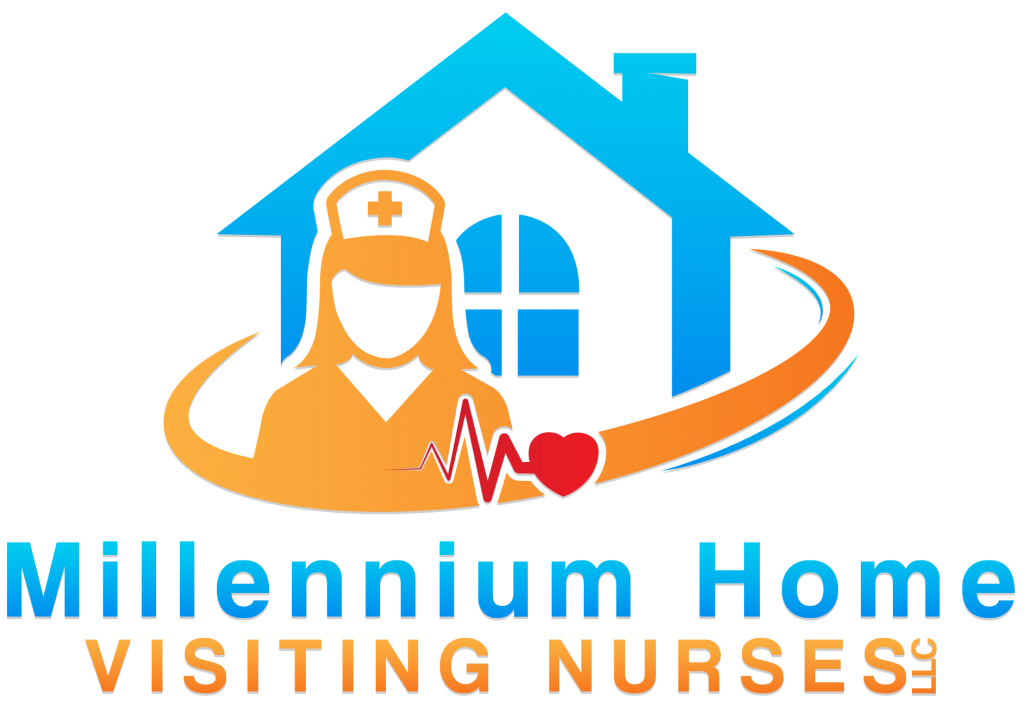Growing older comes with unique challenges, but leaving one’s home doesn’t have to be one of them. According to recent studies, nearly 90% of seniors express a strong preference to remain in their own homes as they age. This desire, often called “aging in place,” has fueled the increasing demand for quality in-home care services across the United States, particularly in Maryland communities like Rockville.
Benefits of Senior In-Home Care Services
In-home care provides seniors with the assistance they need while preserving the comfort and familiarity of their own homes. For families seeking solutions that honor their loved ones’ wishes while ensuring proper care, understanding the complete range of benefits that in-home care offers is essential to making informed decisions about senior care.
Personalized Care in a Comfortable Environment
The psychological impact of environment cannot be overstated when discussing senior care. Remaining in a familiar setting, surrounded by treasured belongings, cherished memories, and established routines provides significant emotional stability during a time when physical changes may already be disruptive.
Unlike institutional care settings where standardization is often necessary, in-home care services can be precisely tailored to address individual needs. This personalization extends beyond medical requirements to include personal preferences, daily routines, and lifestyle considerations that make care not just effective but truly supportive of a senior’s quality of life.
A personalized care plan might include:
- Specialized medication management schedules aligned with the senior’s existing routines
- Personal care assistance that respects individual privacy preferences and dignity
- Custom meal preparation that accommodates both nutritional needs and lifelong taste preferences
- Household assistance that maintains the home environment exactly as the senior prefers
At Millennium Home Visiting Nurses in Rockville, each client receives a comprehensive assessment before services begin, ensuring that every aspect of care from frequency of visits to specific tasks performed, aligns perfectly with both medical requirements and personal wishes.
Maintaining Independence and Dignity
One of the most significant advantages of in-home care is how it preserves a senior’s sense of control and autonomy. Rather than adapting to institutional schedules and procedures, seniors receiving in-home care maintain decision-making ability in their daily lives. This continued independence is not merely a matter of preference research consistently shows that maintaining autonomy positively affects mental health and cognitive function in older adults.
In-home caregivers work as partners rather than directors, providing assistance only where needed while encouraging independence in areas where seniors can safely manage on their own. This balanced approach helps seniors maintain their self-worth and confidence while receiving necessary support.
For example, a caregiver might provide transportation assistance while encouraging the senior to choose destinations and activities. Or they might offer reminders and setup for medication while allowing the senior to maintain control over actually taking their prescriptions when possible.
Fall prevention strategies can be integrated into the home environment without disrupting familiar surroundings. Simple modifications like improved lighting, removed tripping hazards, and strategically placed grab bars can dramatically improve safety without institutionalizing the space.

One-on-One Attention from Licensed Professionals
The quality of attention seniors receive represents one of the most striking differences between facility-based care and in-home services. While nursing homes and assisted living facilities typically operate with staff-to-resident ratios that limit individual attention, in-home care provides dedicated one-on-one focus from caregivers.
Licensed home health aides and nursing professionals bring specialized training directly to the senior’s home. This focused care allows for:
- Immediate recognition of subtle health changes that might otherwise go unnoticed
- Consistent monitoring of chronic conditions without gaps in observation
- Thorough medication oversight with attention to potential interactions and side effects
- Comprehensive personal care delivered with patience and without time constraints
Perhaps most importantly, this consistent one-on-one interaction fosters genuine relationships between caregivers and seniors. These meaningful connections contribute significantly to emotional well-being and can help combat social isolation that often affects seniors with mobility limitations.
Cost-Effectiveness Compared to Facility Care
While quality care remains the primary concern for most families, financial considerations cannot be ignored. Many are surprised to learn that in-home care often presents a more economical option than facility-based alternatives, particularly when 24/7 care is not required.
According to recent industry analyses, nursing home care in Maryland averages between $9,000-12,000 monthly, while assisted living facilities typically range from $4,000-7,000 per month. By comparison, in-home care services can be scheduled for precisely the hours needed whether that’s a few hours daily, overnight assistance, or comprehensive care, allowing families to pay only for the support actually required.
Beyond the direct financial comparison, in-home care often provides preventative value that reduces costly emergency room visits and hospital readmissions. Research indicates that seniors receiving professional in-home care experience fewer falls, better medication compliance, and earlier intervention for developing health issues. all factors that contribute to reduced healthcare spending over time.
Family Peace of Mind and Involvement
When seniors require assistance, family members often become caregivers by default. While this arrangement stems from love and commitment, it frequently leads to caregiver burnout as family members attempt to balance care responsibilities with their own work, family obligations, and personal needs.
Professional in-home care services provide reliable support that prevents this burnout while ensuring seniors receive consistent, qualified care. Rather than becoming overwhelmed by daily caregiving tasks, family members can focus on maintaining quality relationships with their loved ones.
Today’s professional care providers offer sophisticated communication systems that keep families informed and involved. Regular updates, secure messaging platforms, detailed care notes, and scheduled care conferences ensure that family members remain connected to their loved one’s care without bearing the full responsibility of providing it.
This balance proves particularly valuable during emergencies or sudden health changes. Knowing that a professional caregiver is present or quickly available through 24/7 on-call systems, provides immeasurable peace of mind for families who cannot be physically present at all times.

Health Benefits and Improved Outcomes
The health advantages of receiving care at home extend far beyond comfort and convenience. Multiple studies have documented superior health outcomes for seniors who receive appropriate care in their homes compared to those in institutional settings.
Recovery from illness or surgery typically progresses more quickly at home, where exposure to hospital-acquired infections is eliminated and rest is more natural and complete. For seniors with chronic conditions, the consistent oversight provided by in-home caregivers helps prevent complications through early intervention and careful management.
Medication errors represent a significant risk for seniors, particularly those taking multiple prescriptions. In-home caregivers specializing in medication management ensure that medications are taken correctly and on schedule, while also monitoring for potential side effects or interactions. This level of oversight significantly reduces adverse medication events that often lead to hospitalizations.
Perhaps most notable are the mental health benefits. Seniors receiving care in familiar environments typically experience lower rates of depression, anxiety, and confusion compared to those in institutional settings. The cognitive stimulation of remaining in community settings, combined with the social engagement provided by caregivers, helps maintain cognitive function and overall mental well-being.
Making the Right Choice for Your Family
Selecting the right care solution for an aging loved one involves careful consideration of their unique needs, preferences, and circumstances. For many families in Rockville and throughout Maryland, in-home care provides the ideal balance of professional support and familiar comfort.
When evaluating potential care providers, consider these essential factors:
- Licensing and certification requirements for all caregivers
- Availability of specialized services like medication management and fall prevention
- Flexibility to adjust care plans as needs change
- Communication systems for family updates and involvement
- Emergency response protocols and availability of 24/7 support
The team at Millennium Home Visiting Nurses understands that each senior’s situation is unique. With licensed caregivers specializing in personal care, elderly home nursing services, medication management, and fall prevention, we provide comprehensive solutions that adapt to your loved one’s changing needs while respecting their desire to remain at home.
Aging in place with professional support allows seniors to maintain their independence, preserve their dignity, and continue living life on their own terms. all while receiving the qualified care they need to remain safe and healthy. For families seeking this balance, professional in-home care represents not just a practical solution, but a compassionate one that honors both the practical needs and personal wishes of aging loved ones.


Recent Comments